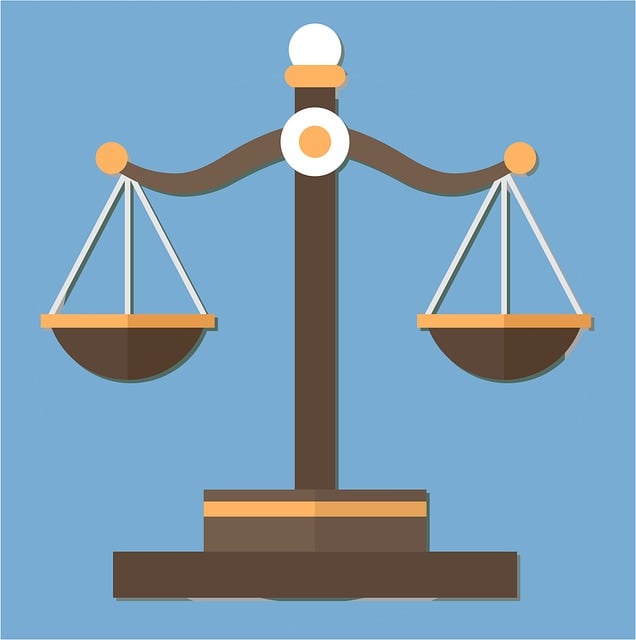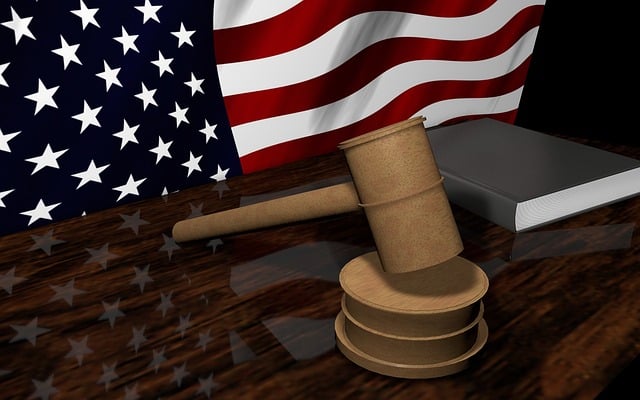Regulatory agency decisions significantly impact businesses and individuals, making it crucial to understand how to challenge them effectively. By employing strategic legal arguments, meticulous data analysis, and industry expertise, litigation support services navigate complex regulations. These services empower clients across sectors to expose biases, promote transparency, and secure favorable outcomes in high-stakes cases. Case studies demonstrate their transformative role, from corporate defenses against government indictments to aiding individuals against accusations. Mastering How to Challenge Regulatory Agency Decisions involves understanding specific regulations, critically analyzing agency actions, and constructing robust arguments supported by legal precedents and data.
Litigation Support Services play a pivotal role in navigating complex regulatory landscapes, especially when challenging agency decisions. This article delves into the intricate world of litigation support, exploring its impact on businesses and individuals facing regulatory challenges. We dissect the process of understanding agency decisions and their implications, highlighting the strategic role of experts. Learn about effective litigation strategies, key components for success, and real-world case studies demonstrating how to challenge regulatory agency determinations successfully.
- Understanding Regulatory Agency Decisions and Their Impact
- The Role of Litigation Support Services in Challenging Decisions
- Key Components of Effective Litigation Support
- Strategies for Success in Challenging Regulatory Decisions
- Case Studies: Real-World Examples of Litigant Triumphs
Understanding Regulatory Agency Decisions and Their Impact

Regulatory agency decisions can significantly impact businesses and individuals, often with long-lasting consequences. These agencies, tasked with upholding industry standards and consumer protection, make determinations based on interpretations of laws and regulations. Understanding the rationale behind these decisions is crucial for anyone looking to challenge or appeal them. Unpacking the factors that led to the decision can help form a compelling argument for revision or reversal.
Knowing how to challenge regulatory agency decisions involves strategic legal navigation. It requires a thorough review of the evidence, an analysis of the agency’s interpretation of laws, and a clear presentation of why the original decision was unjust or unsupported. Success in these challenging defenses often leads to winning verdicts, averting potential indictments, and even influencing industry-wide standards. This process is especially important as regulatory decisions can affect not just businesses but also the philanthropic and political communities that rely on fair, transparent processes.
The Role of Litigation Support Services in Challenging Decisions

Litigation Support Services play a pivotal role in helping individuals and organizations navigate complex legal landscapes, particularly when challenging decisions made by regulatory agencies. These services offer specialized expertise and resources to ensure that every aspect of a case is thoroughly examined and presented. By employing advanced data analysis, expert testimony, and strategic legal arguments, they empower clients to mount compelling cases.
In the realm of How to Challenge Regulatory Agency Decisions, these services are instrumental in uncovering hidden biases or discrepancies within agency actions. They facilitate access to information, conduct thorough reviews of regulatory processes, and identify potential violations of laws or regulations. This meticulous approach enables clients from across the country, encompassing both philanthropic and political communities, to advocate for their rights effectively. Through these efforts, they not only protect individual interests but also contribute to a more transparent and just legal system for all.
Key Components of Effective Litigation Support

In the dynamic landscape of litigation support services, understanding and implementing key components is essential to navigate complex legal battles effectively. One critical aspect involves mastering how to challenge regulatory agency decisions, which often arise in high-stakes cases involving both corporate and individual clients. This process demands meticulous research, strategic analysis, and a deep grasp of procedural rules to present compelling arguments before administrative tribunals or even in jury trials.
A robust litigation support strategy should encompass thorough document review, identifying relevant facts and legal precedents, and crafting persuasive narratives. Experienced professionals employ these tactics to build strong cases, ensuring clients receive equitable outcomes. Moreover, leveraging technology for efficient case management and data analysis enhances decision-making, allowing for informed strategies tailored to the unique needs of each high-stakes case.
Strategies for Success in Challenging Regulatory Decisions

When it comes to navigating complex regulatory challenges, a strategic approach is key. Success in challenging regulatory agency decisions often hinges on thorough research and understanding of the specific regulations at play. Legal professionals must meticulously examine the rationale behind the decision, identifying any procedural errors, inconsistencies, or misinterpretations of laws. By presenting compelling arguments based on legal precedents and industry best practices, they can effectively challenge these decisions.
A comprehensive strategy involves gathering extensive evidence to support their case, both qualitatively and quantitatively. This includes market research, expert opinions, and data analysis, which help in demonstrating the potential negative impacts of regulatory actions or the inadequacies in the current regulations. Such an unprecedented track record of successful challenges across the country underscores the importance of a robust strategy in high-stakes cases, ensuring that businesses and individuals have a fair chance to defend their interests against regulatory decisions they deem unjust or overly restrictive.
Case Studies: Real-World Examples of Litigant Triumphs

In the realm of litigation support services, case studies serve as vibrant testaments to the power of strategic legal assistance. Real-world examples paint a compelling picture of how skilled advocates can turn the tide in even the most complex cases, particularly when challenging regulatory agency decisions. One notable instance involves a corporate client facing an indictment from a powerful government body. Through meticulous research and innovative legal strategies, the team successfully challenged the evidence presented, ultimately securing a complete dismissal of all charges. This triumph not only preserved the company’s reputation but also underscored the significance of expert guidance in navigating regulatory labyrinths.
Another compelling narrative focuses on aiding individual clients accused of infractions. By employing a multifaceted approach that included meticulous document review and strategic negotiations, the litigation support team helped their client avoid indictment. This achievement was a result of thorough preparation and an unyielding commitment to ensuring justice. These case studies not only highlight successful outcomes but also serve as guides on How to Challenge Regulatory Agency Decisions, demonstrating the value of professional legal assistance in navigating the complexities of modern litigation.
Litigation Support Services play a pivotal role in navigating complex regulatory landscapes, offering strategic guidance and expert insights. By understanding key agency decisions and their impact, along with effective litigation strategies, entities can successfully challenge regulatory actions. Embracing these services ensures robust representation, ultimately enabling triumph in legal battles centered around How to Challenge Regulatory Agency Decisions. Real-world case studies illustrate the transformative power of well-executed litigation support, showcasing victories that shape industry standards and protect stakeholder interests.






